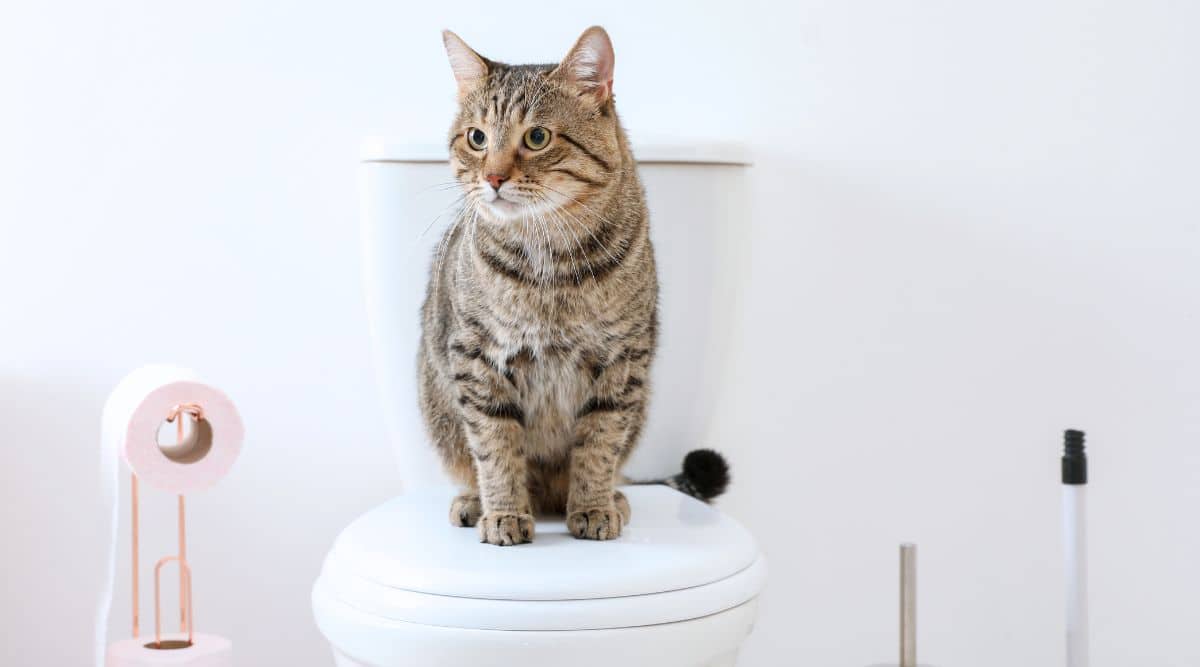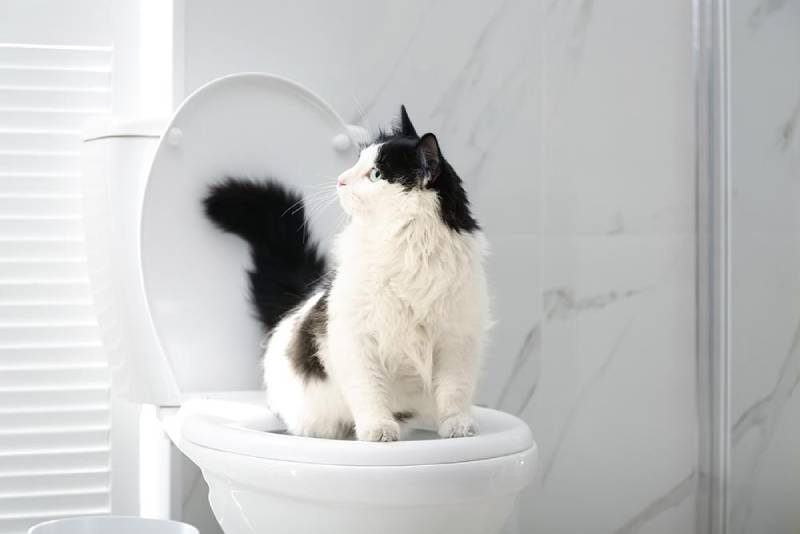The publisher is making a number of great pointers on the subject of Can You Flush Cat Poop Down The Toilet? as a whole in this content further down.

Introduction
As cat owners, it's vital to be mindful of how we throw away our feline close friends' waste. While it may seem practical to purge pet cat poop down the toilet, this method can have detrimental consequences for both the atmosphere and human wellness.
Environmental Impact
Flushing pet cat poop introduces unsafe microorganisms and bloodsuckers right into the water, presenting a significant threat to marine environments. These pollutants can adversely influence aquatic life and concession water quality.
Health and wellness Risks
In addition to ecological problems, flushing cat waste can likewise present health dangers to people. Cat feces might consist of Toxoplasma gondii, a parasite that can cause toxoplasmosis-- a potentially severe ailment, particularly for expecting women and individuals with damaged immune systems.
Alternatives to Flushing
Fortunately, there are safer and a lot more liable ways to dispose of cat poop. Think about the following choices:
1. Scoop and Dispose in Trash
One of the most common method of taking care of pet cat poop is to scoop it into a biodegradable bag and throw it in the garbage. Make sure to utilize a dedicated clutter inside story and get rid of the waste immediately.
2. Use Biodegradable Litter
Opt for biodegradable pet cat trash made from materials such as corn or wheat. These litters are environmentally friendly and can be securely thrown away in the trash.
3. Hide in the Yard
If you have a backyard, take into consideration hiding pet cat waste in a designated area away from vegetable yards and water resources. Make certain to dig deep adequate to stop contamination of groundwater.
4. Set Up a Pet Waste Disposal System
Buy a pet waste disposal system especially made for pet cat waste. These systems make use of enzymes to break down the waste, decreasing odor and environmental impact.
Conclusion
Liable family pet possession prolongs beyond supplying food and sanctuary-- it likewise involves proper waste administration. By avoiding flushing feline poop down the commode and opting for alternate disposal techniques, we can minimize our environmental impact and protect human health and wellness.
Why You Should Never Flush Cat Poop Down the Toilet
A rose by any other name might smell as sweet, but not all poop is created equal. Toilets, and our sewage systems, are designed for human excrement, not animal waste. It might seem like it couldn’t hurt to toss cat feces into the loo, but it’s not a good idea to flush cat poop in the toilet.
First and foremost, assuming your cat uses a litter box, any waste is going to have litter on it. And even the smallest amount of litter can wreak havoc on plumbing.
Over time, small amounts build up, filling up your septic system. Most litter sold today is clumping; it is made from a type of clay that hardens when it gets wet. Ever tried to scrape old clumps from the bottom of a litter box? You know just how cement-hard it can get!
Now imagine just a small clump of that stuck in your pipes. A simple de-clogger like Drano isn’t going to cut it. And that means it’s going to cost you big time to fix it.
Parasitic Contamination
Believe it or not, your healthy kitty may be harboring a nasty parasite. Only cats excrete Toxoplasma in their feces. Yet it rarely causes serious health issues in the cats that are infected. Most people will be fine too if infected. Only pregnant women and people with compromised immune systems are at risk. (If you’ve ever heard how women who are expecting are excused from litter cleaning duty, Toxoplasma is why.)
But other animals may have a problem if infected with the parasite. And human water treatment systems aren’t designed to handle it. As a result, the systems don’t remove the parasite before discharging wastewater into local waterways. Fish, shellfish, and other marine life — otters in particular — are susceptible to toxoplasma. If exposed, most will end up with brain damage and many will die.
Depending on the species of fish, they may end up on someone’s fish hook and, ultimately on someone’s dinner plate. If that someone has a chronic illness, they’re at risk.
Skip the Toilet Training
We know there are folks out there who like to toilet train their cats. And we give them props, it takes a lot of work. But thanks to the toxoplasma, it’s not a good idea.

We had been shown that editorial about How to Dispose of Cat Poop and Litter Without Plastic Bags from an acquaintance on our other site. Sharing is caring. You never know, you may very well be helping someone out. Many thanks for your time. Kindly stop by our website back soon.
Schedule Your Job Now